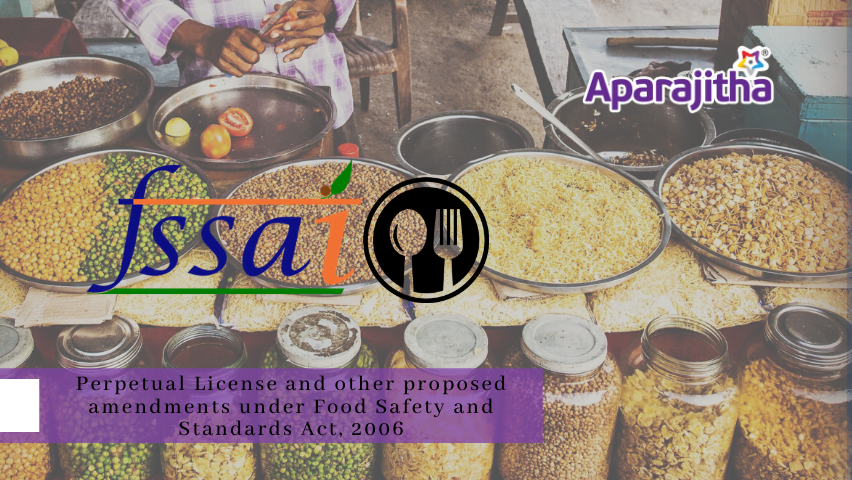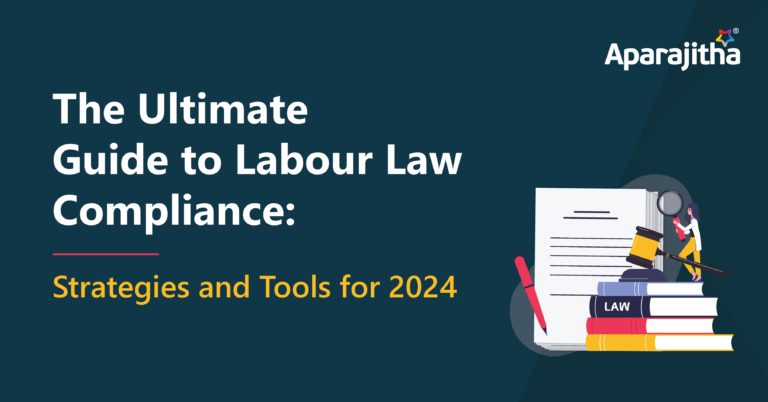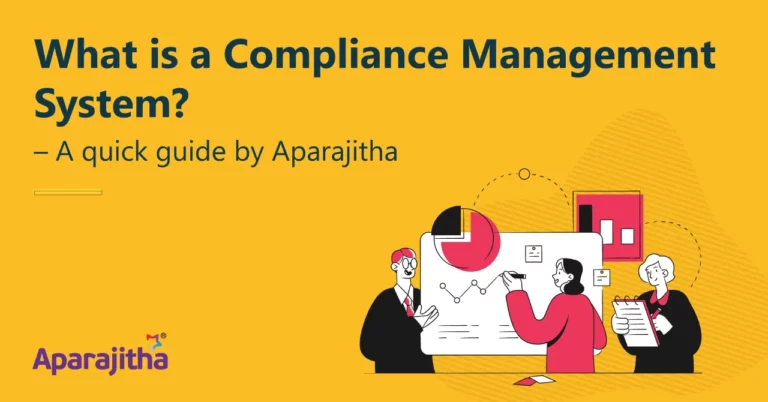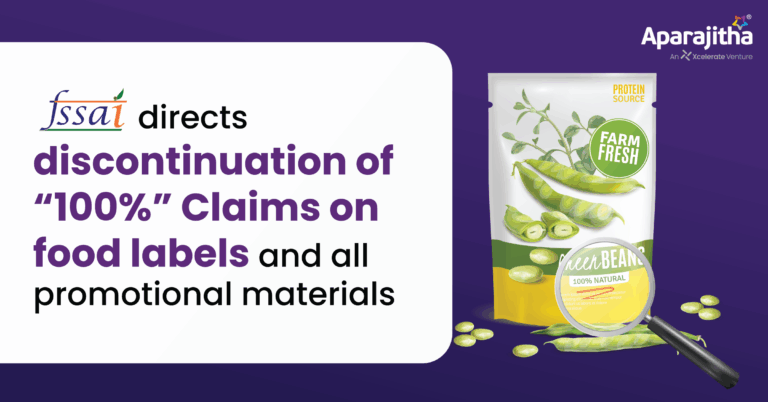FSSAI (Food Safety and Standards Authority of India) has proposed to do away with complex year-on-year license renewal process by introducing perpetual (permanent) licenses and registrations under the Food Safety and Standards Act, 2006. This move will furthermore enhance the ease of doing business for the food businesses in India.
The FSSAI has proposed to amend the Food Safety and Standards (Licensing and Registration of Food Business) Regulations 2011 and introduce the following process-
Perpetual registration: The registration holder, to obtain the perpetual registration, should submit a mandatory e-filing of an annual declaration.
Perpetual license: The license holder, to obtain the perpetual license, should submit a mandatory annual return, such an annual return will be a statement of their annual turnover, product testing protocols.
Then v/s Now:
Presently the food business operators depending upon the turnover have to procure the license/registration for a minimum period of 1 year and maximum up to 5 years and renew the same before expiry. Apart from the above, the licensee is also required to submit an annual return and half-yearly returns, in case if he is manufacturing milk or milk products.
Once the amendment comes into force there will be no need of going for renewal, however, e-filing has to be made every year.
The rationale is to simplify and streamline the regulations, provide more clarity and ease the procedure and change the focus from renewal of licences to effective compliance of the regulations by food businesses.
Other proposed Amendments:
The new business models such as e-commerce FBOs (online food delivery businesses) and the brand franchisors are being brought under the purview of the licensing regulations. The term “Brand Franchisor” has been included, to ensure, more onus is put on the food brands or restaurants to ensure the compliance of regulations across their franchise network.
The amendments are also proposed to simplify the registration and licensing process and rationalize the fees structure and alignment of regulatory requirements for licensing and registration as per the nature of the business and ensure food companies comply with licensing norms through food testing and inspection, third party audits and having trained food safety supervisors. The regulator will also launch a new efficient online system for license or registration applicants.
These amendments will not only reduce the burden of the food business operators but also help them effectively implement the standards ensuring safe food for all.
FSSAI is a mandatory license which needs to be obtained by all the companies involved in food supply chain business, whether it’s been a producer, manufacturer, restaurants, eateries, grocery shop, food product importer & exporter, etc.
Apart from that even the companies which have a canteen in office, warehouse, factory units, hospital, e-commerce companies are required to get the valid FSSAI industry.
Our strong team of 1400 Compliance and Labour law experts at Aparajitha have supported Industry giants/Organizations/MNC’s and SME’s across India with Annual one time Licenses which also cover the FSSAI license across 20 industry domains..
To know more about how our expert team can support you to be fully compliant with the Knowledge update on the various Acts applicable to the food industry, and receive updated news about Labor and Employment Law, Industrial Law and Financial Law please write to us or mail us with your enquiries @ marketing@aparajitha.com.
Disclaimer: “The article represents the opinions of the author and the author is solely responsible for the facts, cases, and legal or otherwise reproduced in the article”







